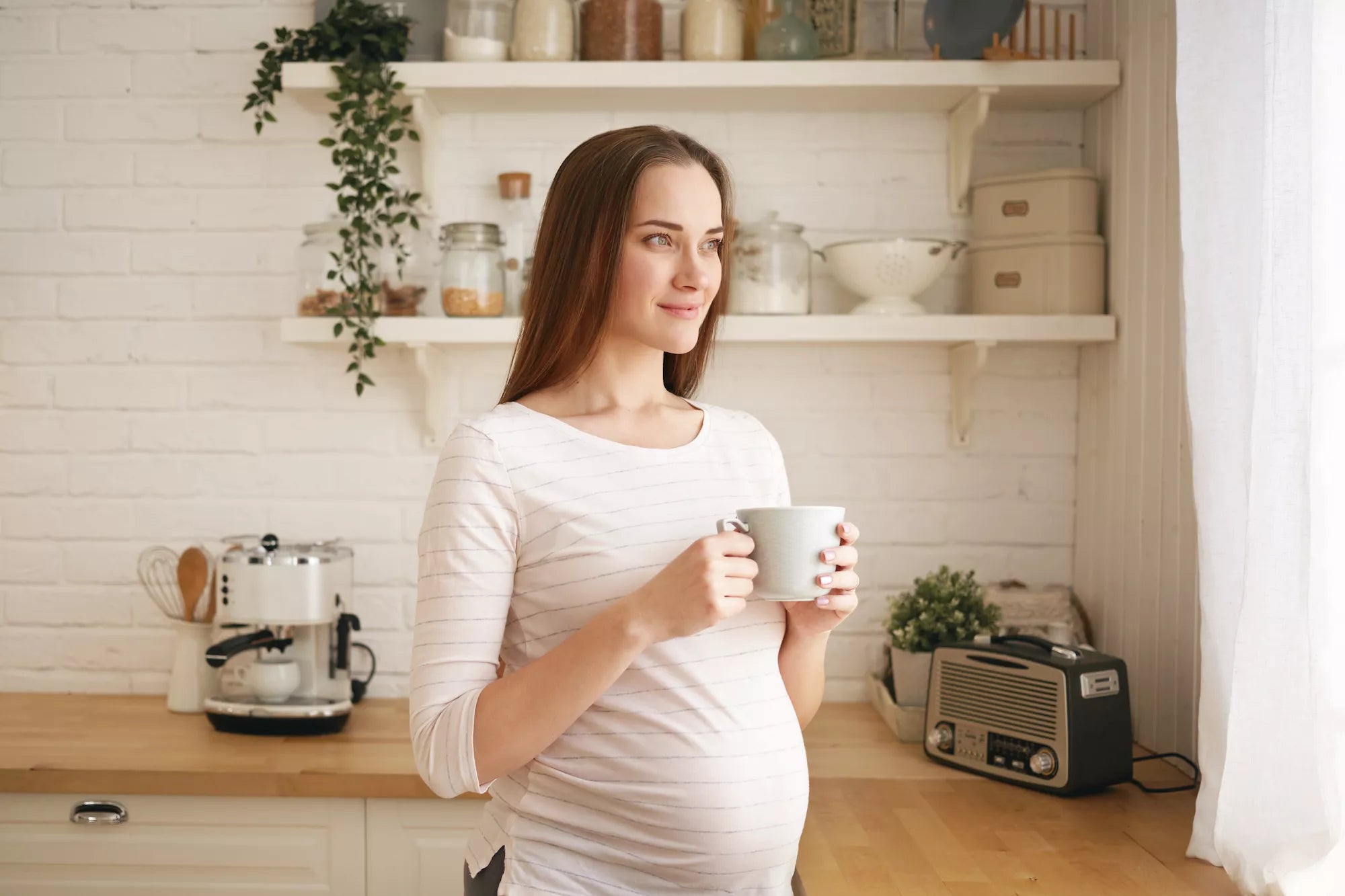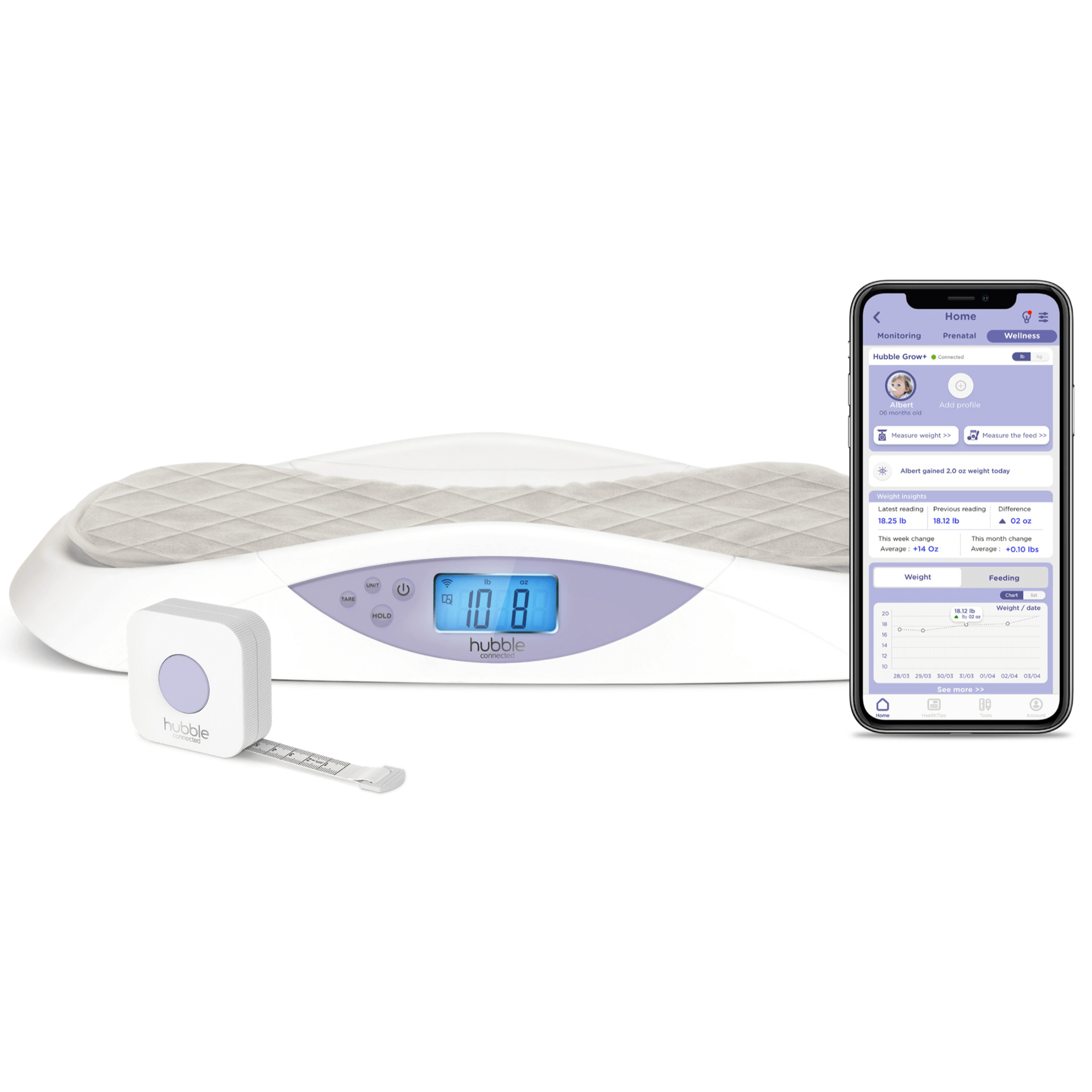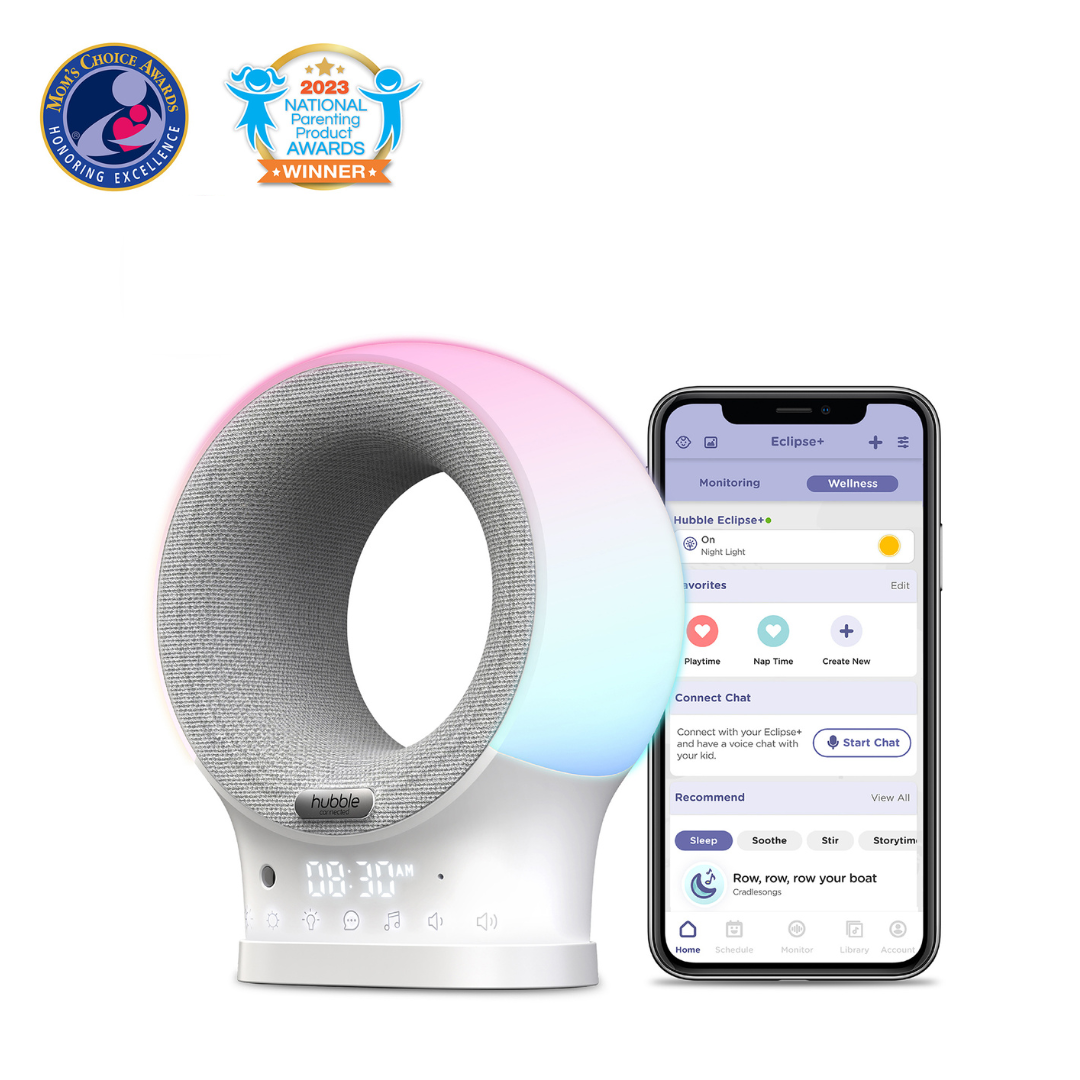Pregnancy brings changes to nearly every part of your life, including your daily routines and favorite drinks. If you love chai tea, you might wonder if you need to give up this comforting beverage for the next nine months.
The good news is that chai tea can be part of a healthy pregnancy diet. But like many things during this time, it requires some attention to detail and moderation.
What Makes Up Chai Tea?
Chai tea, also known as masala chai, is a traditional Indian beverage made by brewing black tea with a mixture of aromatic spices such as cardamom, cinnamon, ginger, and cloves. Most recipes also include milk and a sweetener like sugar or honey.
The specific blend of spices varies by recipe and region. Some versions include star anise or fennel, while others stick to the core spices of ginger, cinnamon, and cardamom.
The Main Concerns with Chai During Pregnancy
Two factors require careful consideration when drinking chai tea while pregnant: caffeine content and certain spices.
Caffeine Content
An 8-ounce cup of chai tea contains around 50 milligrams of caffeine, ranging from 25 mg to 60 mg. This is less than a typical cup of coffee, which contains about 95 mg of caffeine.
Most health experts advise keeping caffeine consumption below 200-300 mg per day during pregnancy, which is roughly equivalent to one to two cups of chai tea. This guideline comes from research showing that excessive caffeine intake during pregnancy can have adverse effects, including an increased risk of preterm birth and low birth weight.
The caffeine amount in your chai can vary based on several factors:
- The type of black tea used
- How long the tea steeps
- The brewing method
- The brand or café preparing it
A grande Chai Latte at Starbucks has 95 mg of caffeine, which fits within safe limits but uses up nearly half your daily caffeine allowance in one drink.
Spice Considerations
The spices in chai tea add flavor and potential health benefits. However, some herbs, such as fennel, star anise, and licorice root, can affect your hormones, making them a risk during pregnancy.
Star anise and fennel can be safe in small amounts during pregnancy. But for some women carrying a high-risk or complicated pregnancy, anise seed may increase chances of premature labour and might be best to avoid altogether.
Most commercial chai products contain small amounts of these spices, which pose minimal risk in typical serving sizes. However, if you drink multiple cups daily, these amounts can add up.
Benefits of Chai Tea During Pregnancy
When consumed in moderation, chai tea offers several potential benefits for pregnant women.
Eases Nausea
The spices in chai tea, such as ginger, star anise and cinnamon, can have beneficial effects on common pregnancy symptoms. The ginger in chai tea has been known to help alleviate nausea, which many women experience during the first trimester.
Supports Digestion
Chai tea contains spices like ginger and cardamom, which can aid in digestion and alleviate nausea. These spices have been used for centuries to calm upset stomachs and improve digestive comfort.
Provides Antioxidants
Black tea, the base of chai tea, is rich in antioxidants. These compounds help protect cells from damage and support overall health during pregnancy.
Offers Comfort and Warmth
Beyond physical benefits, the warmth of chai tea can be incredibly soothing, especially during pregnancy and the postpartum period. Taking a moment to enjoy a warm beverage can provide a sense of calm during a time filled with change.
How to Enjoy Chai Safely During Pregnancy
You can continue enjoying chai tea while pregnant by following these guidelines.
Watch Your Caffeine Intake
Track all sources of caffeine in your diet, not just tea. Chocolate, soda, energy drinks, and coffee all contribute to your daily total. If you drink chai, account for its caffeine when deciding whether to have other caffeinated items.
When consuming chai tea during pregnancy, moderation is crucial. As a general rule, you can have about 1-2 cups of chai tea a day while pregnant.
Choose Your Chai Carefully
Read ingredient lists when buying chai products. If you have concerns about specific spices, look for brands that list all ingredients clearly or contact the manufacturer directly.
Making chai at home gives you complete control over what goes into your cup. You can adjust the spice blend, control the steeping time to manage caffeine levels, and monitor sugar content.
Consider Decaf Options
To minimize caffeine intake, you can consider decaffeinated chai tea options. Decaf chai still provides the comforting spice flavors without the caffeine content.
Herbal chai blends offer another alternative. These versions replace black tea with herbal infusions while keeping the traditional spices. However, check that all herbs used are safe during pregnancy, as some should be avoided.
Monitor Sugar Content
Some chai tea recipes contain large amounts of sugar, so it's recommended to take this in moderation during pregnancy to avoid pregnancy complications.
Commercial chai lattes, particularly from coffee shops, often contain high amounts of added sugar. A grande Chai Latte at Starbucks has a whooping 42 gs of sugar which is over the daily recommended amount for pregnant women.
Making chai at home allows you to control sweetness levels. You can reduce sugar or use alternatives like honey in smaller amounts.
Use Pasteurized Milk
It is important to make sure that the milk is pasteurized to avoid any potential risks from bacteria. Most milk sold in stores is pasteurized, but always check labels when purchasing.
When to Avoid Chai Tea
While chai is generally safe for most pregnant women, certain situations call for extra caution or avoidance.
If you have a high-risk pregnancy, talk to your healthcare provider before drinking chai regularly. For some women carrying a high-risk or complicated pregnancy, anise seed may increase chances of premature labour.
Some women experience heartburn or acid reflux during pregnancy. If you suffer from GERD or experience heartburn after consuming caffeine, you may want to avoid acidic drinks like Chai Tea and other caffeinated beverages.
If you notice that chai tea makes you feel unwell, causes stomach upset, or seems to affect your sleep, reduce your intake or switch to a caffeine-free alternative.
Talk to Your Healthcare Provider
Every pregnancy is different. What works well for one person might not be ideal for another. Having an open conversation with your healthcare provider is crucial to understanding the guidelines and recommendations for your pregnancy.
Your doctor or midwife can provide guidance based on your specific health situation, pregnancy history, and any risk factors you might have. They can help you determine the right amount of caffeine for your circumstances.
The Bottom Line
Chai tea can be a safe and enjoyable part of your pregnancy diet when consumed mindfully. With lower caffeine than coffee and beneficial spices like ginger and cinnamon, a daily cup can be both comforting and health-supportive.
The key is moderation. Stick to one or two cups daily, stay within the 200 mg caffeine limit from all sources, and pay attention to how your body responds. Choose quality products with clear ingredient lists, or make your own chai at home where you control what goes in.
If you have any concerns or questions about chai tea or any other foods and beverages during pregnancy, reach out to your healthcare provider. They can give you personalized advice that takes your unique situation into account.
Pregnancy requires many adjustments, but giving up all your favorite things doesn't have to be one of them. With a few simple precautions, you can continue to enjoy the warm, spicy comfort of chai tea throughout your pregnancy journey.












Share: